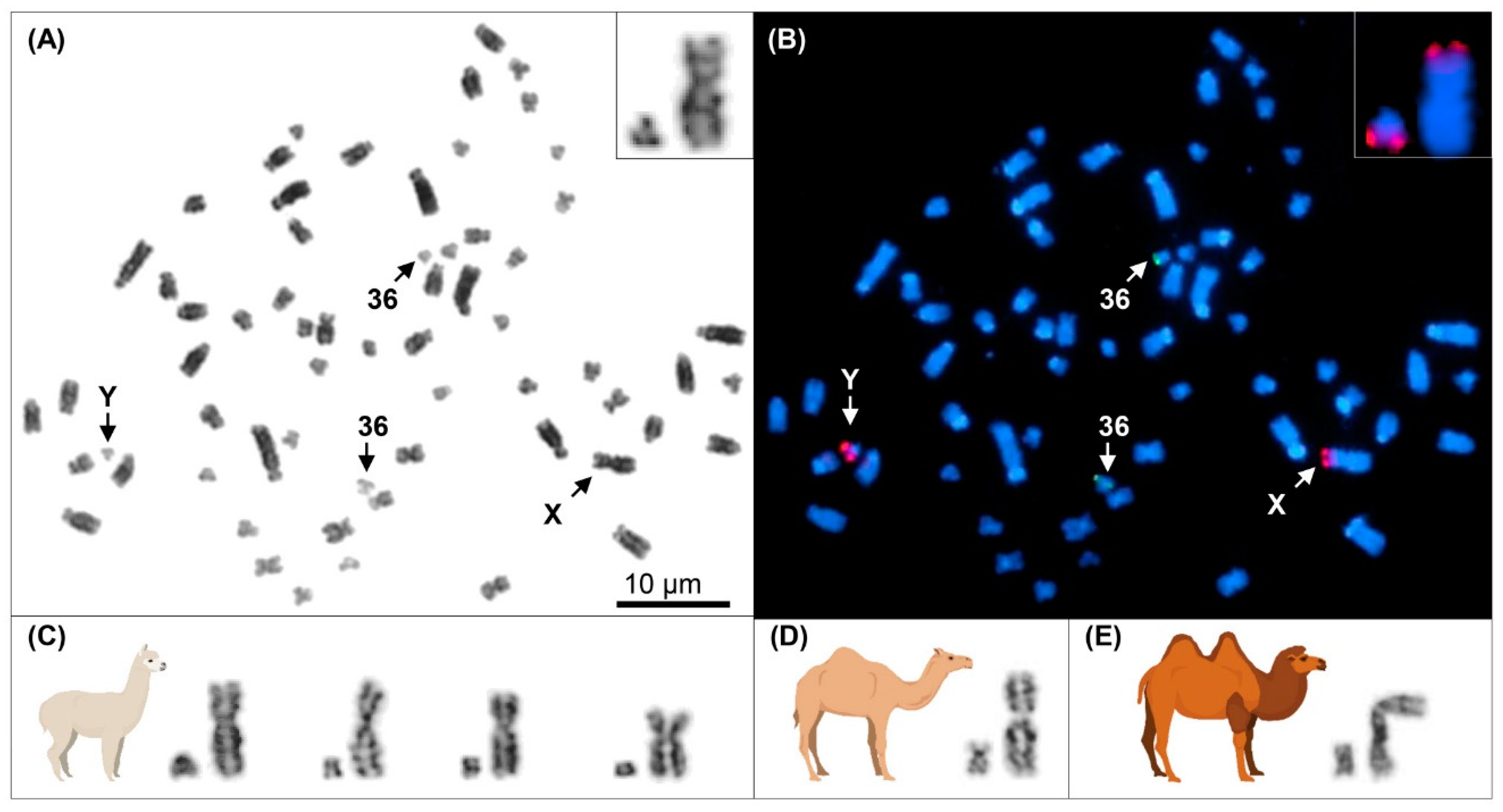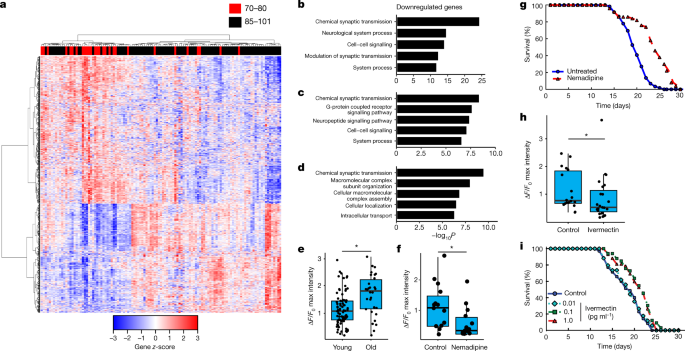Can Aging Be Treated Like a Disease Instead of Inevitable?
Aging has long been seen as just a natural, inevitable part of life. But what if we could actually treat aging itself like a disease rather than just accept it? There are some interesting new approaches emerging that suggest we may be able to medically intervene in the aging process and potentially extend healthy lifespans. In this article, we’ll review some of the leading anti-aging strategies and products.

The Science of Aging
First, let’s look quickly at how aging works biologically. Aging is characterized by a gradual breakdown in cellular processes, leading to things like heart disease, Alzheimer’s, arthritis, and cancer. Some of the key biological hallmarks of aging include:[1]
- Genomic instability – Accumulation of DNA damage
- Telomere attrition – Shortening of protective caps on chromosomes
- Epigenetic alterations – Changes in gene regulation
- Loss of proteostasis – Imbalance of protein production/clearance
- Deregulated nutrient sensing – Metabolic effects like insulin resistance
- Mitochondrial dysfunction – Reduced energy production
- Cellular senescence – Cells stop dividing
- Stem cell exhaustion – Loss of regenerative capacity
- Altered intercellular communication – Chronic inflammation
As these processes get thrown off balance with age, it leads to functional declines, frailty, and higher susceptibility to disease. But intriguingly, experiments in animals have shown that tweaking certain genetic, dietary, and pharmacological factors can counteract some of these age-related changes and extend healthy lifespan. So could we develop treatments to essentially “cure” aging in humans too?
Anti-Aging Medications
There’s growing interest in trying to develop drugs that can directly target the biological processes of aging. The idea is not just to extend total years of life, but specifically to extend healthy years of life by slowing the onset of age-related diseases. Here are some of the anti-aging medications being explored:
Metformin
Metformin is a widely used drug for treating type 2 diabetes. It helps improve insulin sensitivity and reduce blood sugar levels. But studies in animals have also shown metformin can extend lifespan by mimicking some effects of calorie restriction. There are now major clinical trials underway looking at using metformin as an anti-aging therapy to see if it can delay cancer, cardiovascular disease, and cognitive decline.[2]

Rapamycin
Rapamycin is an immunosuppressant drug used to prevent organ transplant rejection. It works by inhibiting a protein called mTOR that’s involved in cell growth and proliferation. In animals, rapamycin has been shown to extend lifespan by 20-30% or more. Anti-aging trials are now looking to see if low-dose rapamycin can also slow human aging.[3]


Senolytics
Cellular senescence is one of the hallmarks of aging, where cells stop dividing but remain metabolically active, secreting inflammatory and tissue-damaging compounds. Senolytic drugs are designed to selectively eliminate these senescent cells. Studies in mice have shown senolytics can rejuvenate aged tissues and extend healthspan.[4]

NAD+ Boosters
NAD+ is a coenzyme involved in cellular metabolism and energy production. Levels of NAD+ decline with age. Compounds that boost NAD+ levels may be able to rejuvenate mitochondrial function and other aspects of cellular aging. Nicotinamide riboside and nicotinamide mononucleotide are NAD+ precursors now being explored as anti-aging molecules.[5]


Spermidine
Spermidine is a natural polyamine compound that declines with age. It appears to be cardioprotective, neuroprotective, and can extend lifespan in model organisms. Supplements that boost spermidine levels may be able to prevent age-related degeneration and are being studied for anti-aging benefits.[6]

Gene and Cell Therapies
Beyond drugs, there are some futuristic genetic and cellular therapies that could potentially turn back the clock on aging.
Gene Editing
Gene editing tools like CRISPR allow precise changes to be made to an organism’s genome. This could be used to potentially correct inherited mutations that accelerate aging or switch on longevity genes. Anti-aging gene therapy is still highly speculative but may become possible.

Stem Cell Transplants
Transplanting fresh stem cells could help rejuvenate aged, worn-out tissues. Studies in mice have shown that systemic stem cell transplants can extend lifespan and healthspan. However, human trials are still in early stages.

Young Blood Infusions
“Vampire” treatments involve infusing blood plasma from young donors to old recipients. Some limited studies suggest this may provide rejuvenating effects, possibly via circulating pro-youthful factors. However, benefits are unproven and there are risks like immune reactions.

Lifestyle Approaches
While high-tech medical solutions offer promise, there are also some lifestyle strategies with anti-aging potential worth considering:
Calorie Restriction
Restricting calories 30-50% below normal intake has been shown to extend lifespan and healthspan in animal studies. Practicing intermittent fasting or time-restricted eating may provide some similar benefits more feasibly.
Exercise
Regular exercise helps preserve muscle and bone strength while reducing inflammation and risk of chronic diseases as we age. Aim for 150 minutes of moderate activity per week.
Stress Reduction
Chronic stress accelerates aging processes. Relaxation practices like meditation help counteract this. Even 10-15 minutes daily can make a difference.
Sleep Optimization
Getting 7-9 hours of good sleep nightly supports cellular repair and healthy brain function. Prioritize sleep consistency and quality.
The Bottom Line
Aging is complex, but the science is making strides in understanding how to slow its progression and extend healthy lifespan. Lifestyle approaches provide a foundation. Exciting medical anti-aging strategies like metformin, NAD+ boosters, senolytics, and stem cell therapies are now undergoing rigorous testing. While nothing is proven yet, the possibilities are intriguing. Perhaps one day aging itself may be treated as just another manageable condition rather than an inevitable decline. But for now, staying active, eating well, managing stress, and getting enough sleep give us our best shot at living long and living well.







